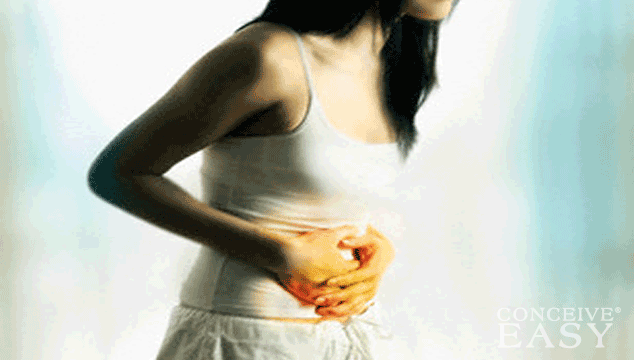![]() The information provided by our expert should not constitute a diagnosis of your condition. Always consult a medical practitioner or healthcare provider for a formal diagnosis. By making use of this content, you agree that ConceiveEasy and the expert assume no liability.
The information provided by our expert should not constitute a diagnosis of your condition. Always consult a medical practitioner or healthcare provider for a formal diagnosis. By making use of this content, you agree that ConceiveEasy and the expert assume no liability.

Pelvic Inflammatory Disease, also known as PID, is a common reproductive problem PID is technically an infection of the female reproductive organs. It is a very common disorder, affecting up to 1 million women each year. It is also a very serious disease as well, since it can lead to infertility. As many as one in eight women who have a history of PID will have difficulties getting pregnant. This means that Pelvic Inflammatory Disease and infertility are closely related. Claim Your 20 Free Pregnancy Tests – Click Here

Pelvic Inflammatory Disease is a complication of a sexually transmitted disease. The cervix usually prevents bacteria from entering the vagina and damaging the reproductive organs. However, when the cervix is exposed to a sexually transmitted disease, the cervix itself becomes infected and is unable to prevent more bacteria from getting through.
When those disease-causing organisms travel to the upper reproductive tract, that is what causes PID. Untreated gonorrhea and chlamydia cause about 90% of all cases of PID. Other causes include abortion, childbirth, and pelvic procedures.

The symptoms of PID can vary greatly from woman to woman. Some women might experience mild symptoms and may not even realize that their problem is potentially serious, while other women might be in serious pain and agony due to their symptoms.
Some of the most common symptoms of PID include pain during sex, nausea, vomiting, chills, high fever, painful urination, and abnormal vaginal discharge. Some women also experience Dull pain or tenderness in the stomach or lower abdominal area, or pain in the right upper abdomen.

There are quite a few risk factors for Pelvic Inflammatory Disease. For example, sexually active teens are more likely to develop PID than older women, and women with more sexual partners are also more likely to develop the disorder.
Obviously women who have a sexually transmitted disease are much more likely to get PID, as are women who have had previous bouts of PID in the past. Some studies also suggest that douching might lead to PID as well. While there are no specific tests for PID, doctors can usually determine if a woman has PID by her physical exam combined with her medical history.

Treatment for PID needs to be started immediately after a doctor determines that you have it. The most common course of treatment is antibiotics. Usually, PID can be treated with regular oral antibiotics, but in extreme cases, antibiotics may have to be administered via IV.
Keep in mind that both partners have to be treated for PID, or else the infection can reoccur when the couple has sex again. Sometimes PID might cause an abscess, and in that case, antibiotics are no longer effective. In this case, surgery might be recommended to remove the abscess.
Keep in mind that recurrent episodes of PID can damage the permanent scarring of the fallopian tubes. In turn, this can lead to chronic pelvic pain, ectopic pregnancy, and infertility. This is why it is very important to get treatment for PID if you think that you could possibly have the disorder.










Comments